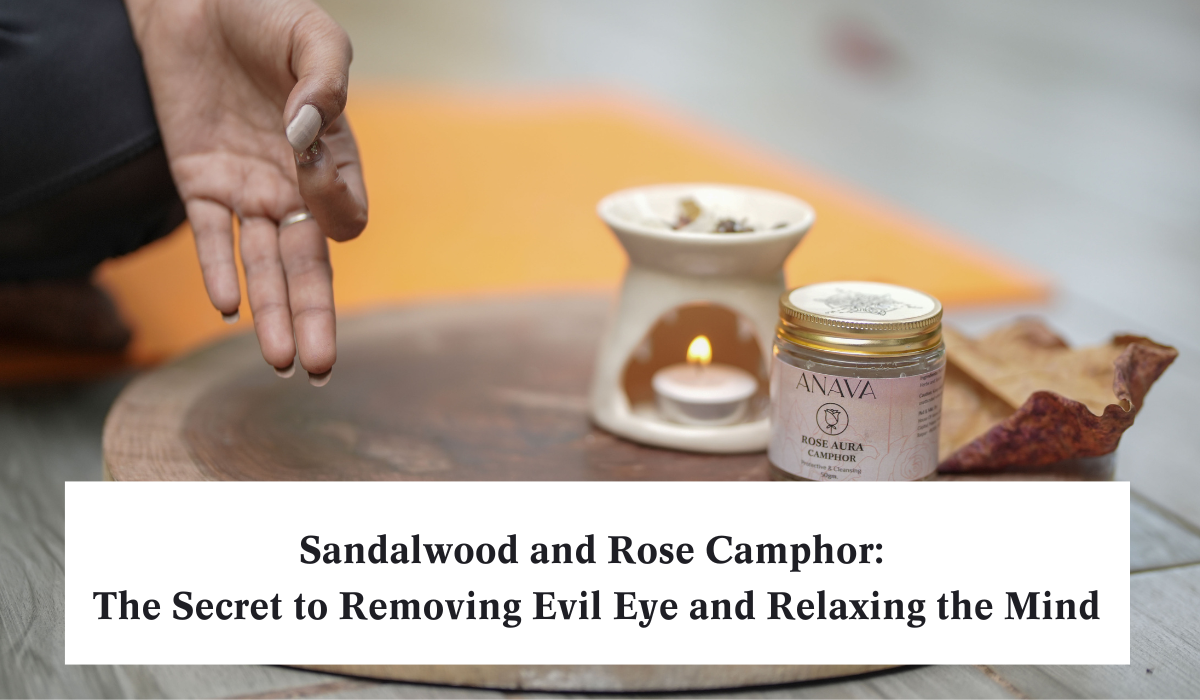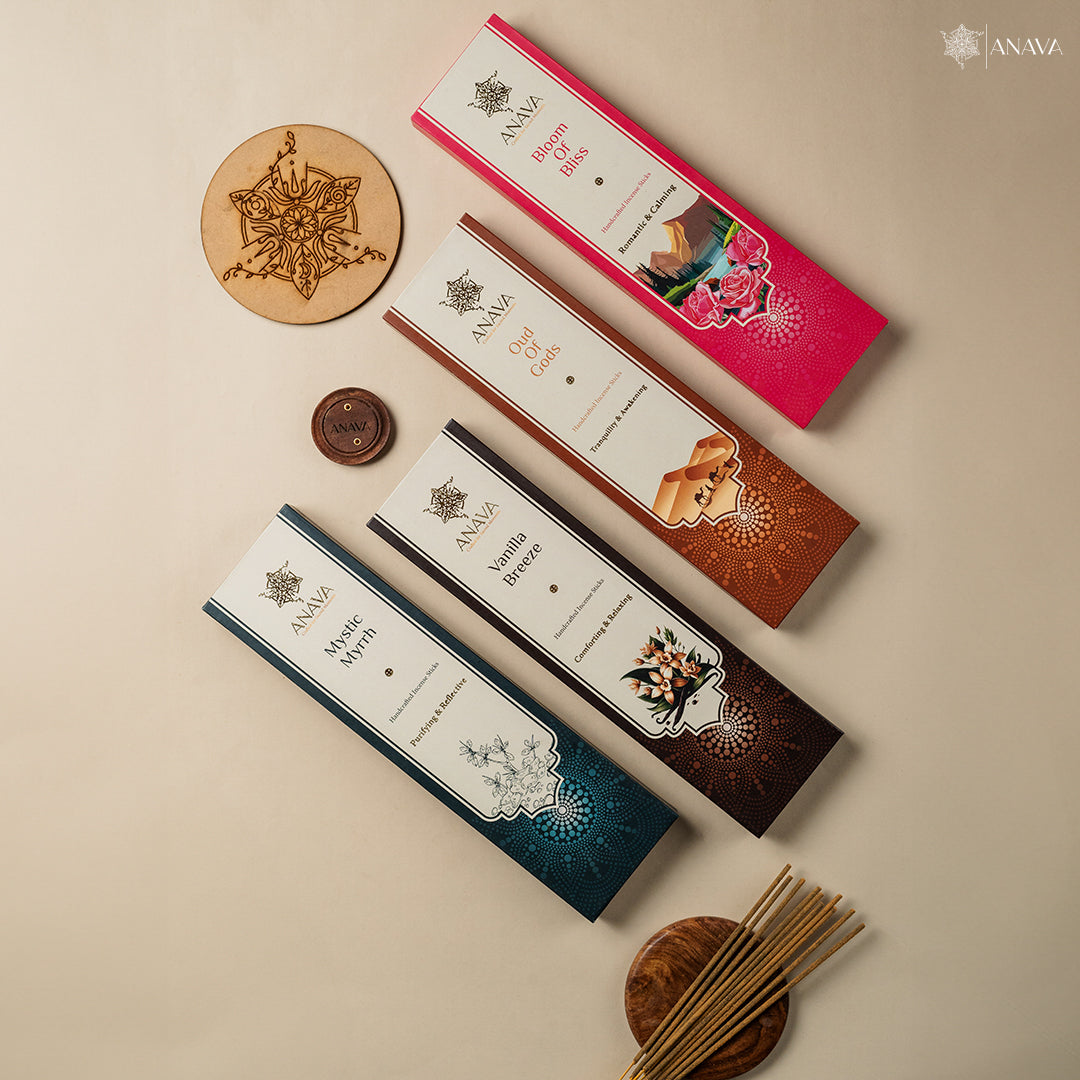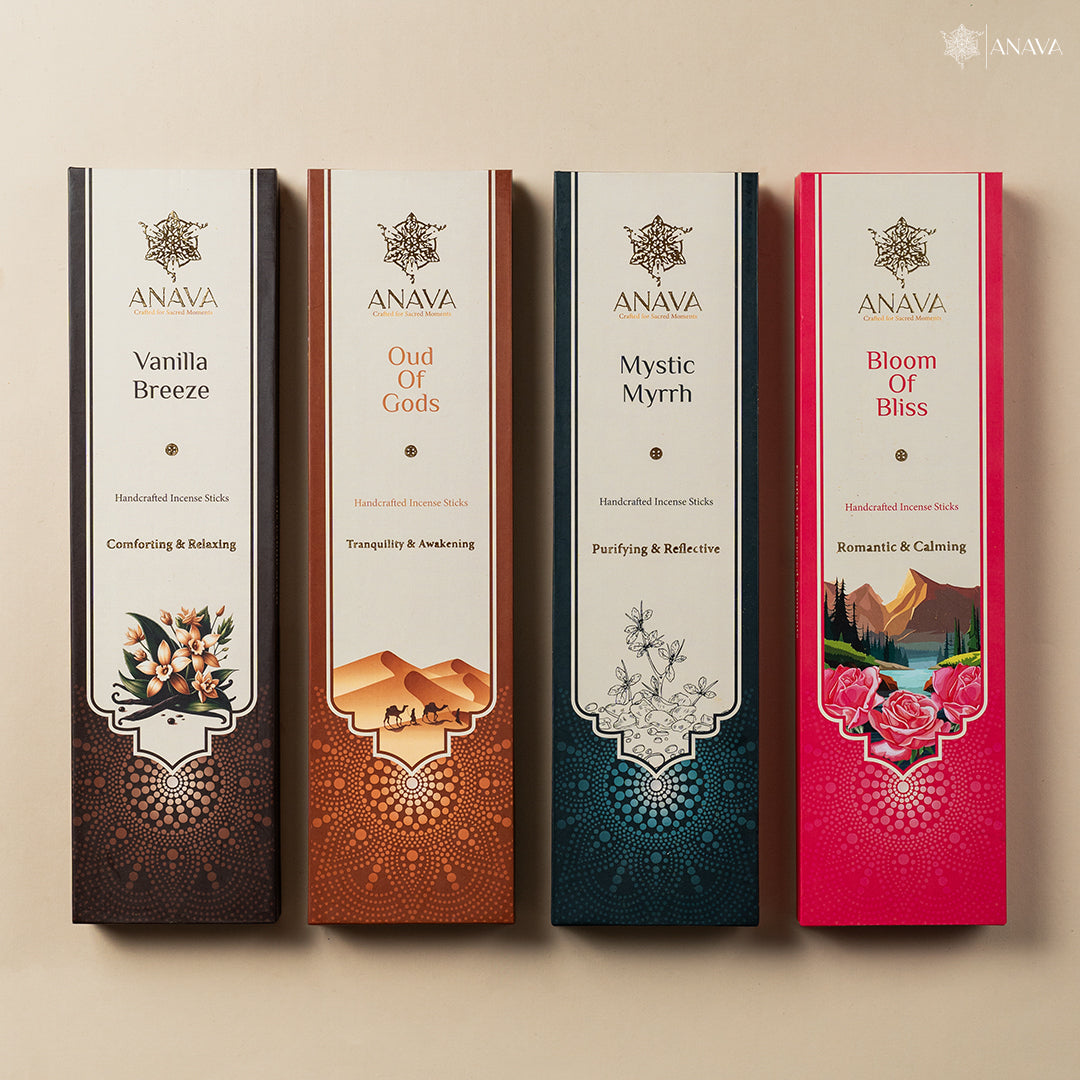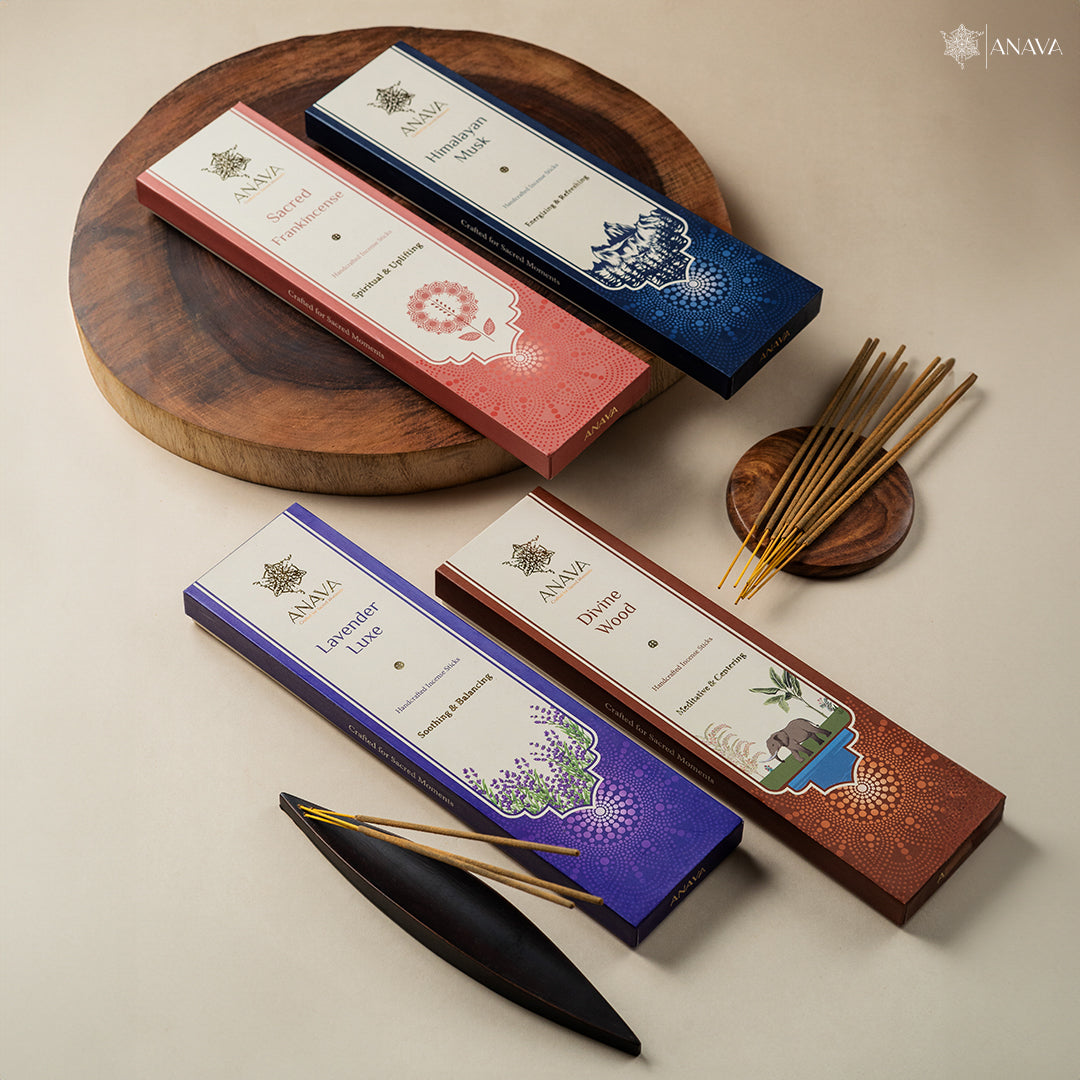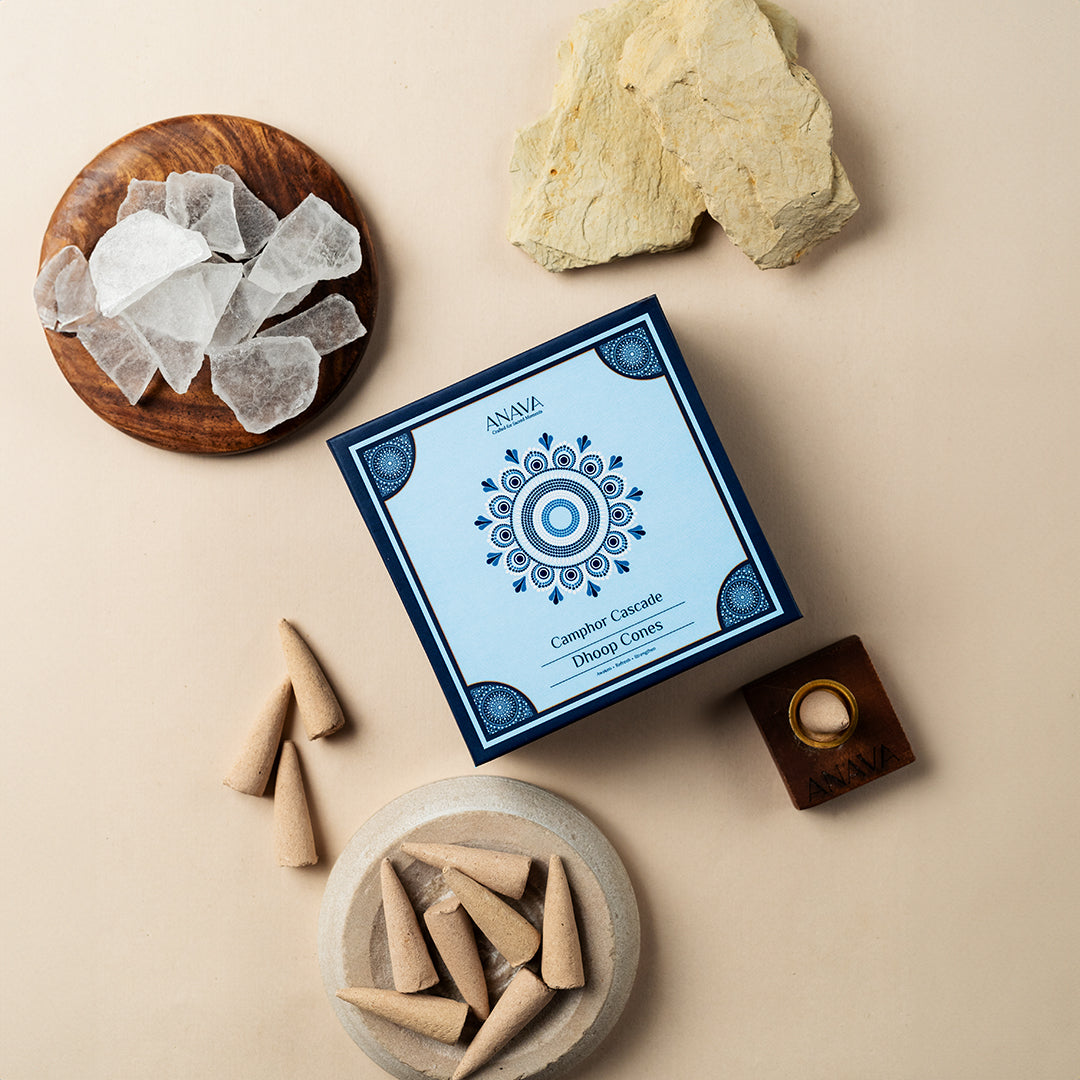Introduction
Dhoop, a traditional incense used in various puja rituals, is important in Hindu worship practices. Its aromatic essence is not merely for fragrance; it symbolises purification and offering prayers to deities. The act of burning dhoop creates a sacred atmosphere, elevating the spiritual experience and enhancing the connection between the worshipper and the divine.
The benefits of dhoop extend beyond its spiritual significance. The smoke released during its burning is believed to have purifying properties, cleansing the environment and promoting a sense of tranquility. Additionally, various herbal ingredients used in dhoop can have therapeutic effects, contributing to physical and mental well-being. Understanding the role of dhoop in puja rituals offers insights into its multifaceted significance in spiritual practices.
Exploring the various types of dhoop, their ingredients, and the rituals associated with them reveals a deeper understanding of their role in enhancing devotion and creating a harmonious atmosphere for worship.
Let us dive into the article to understand the significance & benefits of dhoop in puja rituals or worship.
 Spiritual Significance of Dhoop in Rituals
Spiritual Significance of Dhoop in Rituals
The spiritual significance of dhoop in rituals is deeply rooted in Hindu tradition, where it serves as a powerful tool for enhancing the sanctity of the worship environment and connecting with the divine. Here’s a breakdown of its spiritual importance:
1. Purification of the Space
- Dhoop is believed to purify the surroundings by eliminating negative energies and creating a sacred atmosphere. The fragrant smoke is considered to cleanse the space, making it more conducive to spiritual activities.
- Burning dhoop is a way to prepare the space before commencing any ritual, ensuring it is purified and ready to receive the divine presence.
2. Invocation of Deities
- The sweet, aromatic incense in pooja pleases the deities, inviting them to grace the worship space with their presence. This belief stems from the idea that the fragrance is a form of offering to the gods, expressing devotion and reverence.
- Offering dhoop during rituals symbolizes the devotee's dedication and love for the divine, as the smoke ascends to the heavens, carrying prayers and offerings.
3. Enhancing Spiritual Focus
- The calming scent of dhoop helps to quiet the mind, making it easier for worshippers to focus on their prayers, chants, and meditations. The presence of dhoop is thought to help deepen spiritual concentration and mindfulness during rituals.
- Certain types of dhoop, such as those made from sandalwood or frankincense, are known for their ability to clear the mind of distractions, promoting a state of mental clarity that is essential for spiritual practice.
4. Symbolic Representation of Transformation
- The burning of the dhoop represents the transformation of the physical (solid dhoop) into the ethereal (smoke), symbolizing the soul’s journey from the material world to the spiritual realm.
- As the dhoop burns, it transforms into smoke and rises, symbolizing the offering of one's ego, desires, and material attachments to the divine, allowing for spiritual growth and liberation.
5. Connecting with the Divine
- The ascending smoke of dhoop is often seen as a bridge between the physical and spiritual worlds. It is believed to facilitate communication between the worshipper and the divine, making prayers more potent and ensuring they reach the higher realms.
- Aromatic incense in pooja is considered a manifestation of the divine presence itself, reminding worshippers of the omnipresence of God during the ritual.
6. Enhancement of Rituals and Ceremonies
- Dhoop is often used in various religious ceremonies, including daily puja, temple rituals, and special occasions like weddings or festivals. Its consistent use underscores its importance in maintaining the sanctity and effectiveness of these rituals.
- The use of dhoop is believed to elevate the spiritual vibrations of a space, making it a key element in rituals aimed at spiritual elevation and enlightenment.
 Health and Environmental Benefits of Dhoop
Health and Environmental Benefits of Dhoop
Health Benefits Of Dhoop
- Improves Sleep Quality:
Incense is an ancient ritual that might help you fall asleep quickly and wake up feeling rejuvenated. Certain varieties of incense have been shown in scientific studies to have soothing qualities that may boost sleep quality.
Chamomile is more than just a drink; it may be utilised as an aromatherapy ingredient to help you rest and fall asleep. What is the best part? You don't have to drink it if you don't want to! You know, just inhaling in its lovely, relaxing aroma may make a huge difference.
- Improves Memory:
Did you realise that incense scents have been shown to improve memory and cognitive function?
A study done at the University of Freiburg in Germany and submitted to Science Reports on January 27, 2020, discovered that using rose-scented incense sticks while sleeping can truly improve memory.
The study found that exposing subjects to the smell of rose incense sticks while sleeping improved their vocabulary the next day! The results revealed a significant difference in the words and phrases learnt by those who smelt roses as opposed to the control group.
- Boosts Immunity
Eucalyptus and tea tree incense have incredible characteristics that can increase immunity and protect from illnesses!
There are various dhoop incense benefits, one of which is therapeutic. It enhances our immune systems and relieves congestion.
Environmental Benefits of Dhoop
Here's how the use of natural dhoop contributes positively to the environment:
1. Natural Ingredients
- Traditional dhoop is made from natural ingredients such as herbs, resins, flowers, and essential oils. These materials are biodegradable and do not contribute to environmental pollution, unlike synthetic incense which may contain harmful chemicals.
- Many of the ingredients used in dhoop, like sandalwood, guggul, and camphor, are sourced sustainably, often from renewable resources, which helps conserve biodiversity and reduce the ecological footprint.
2. Air Purification
- The burning of certain types of dhoop, like those made from neem, frankincense, and myrrh, releases compounds with natural antimicrobial properties. These compounds can help purify the air by reducing airborne bacteria, fungi, and viruses, contributing to a healthier indoor environment.
- Natural dhoop does not emit harmful toxins or pollutants when burned. This contrasts with synthetic incense, which can release volatile organic compounds (VOCs) and other harmful chemicals that contribute to indoor air pollution.
3. Pest Repellent
- Dhoop incense benefits of certain incense containing neem, citronella, or lemongrass, act as natural insect repellents. When burned, these ingredients can help keep mosquitoes and other pests at bay, reducing the need for chemical insecticides that can harm the environment.
- Using dhoop as a natural pest repellent reduces the reliance on chemical-based products that can be harmful to the soil, water, and non-target species.
4. Contribution to Waste Reduction
- The ash left behind after burning dhoop is biodegradable and can be used as compost or as a natural fertilizer for plants. This reduces waste and promotes a circular economy where every byproduct is utilized beneficially.
- Traditional dhoop often comes with minimal or biodegradable packaging, reducing the amount of plastic waste that ends up in landfills and oceans.
 Types of Dhoop in Puja Rituals
Types of Dhoop in Puja Rituals
Let’s check out the types of dhoop used in puja rituals;
Dhoop plays a vital role in Hindu puja rituals, serving as both an offering and a purifier of the space. Different types of dhoop are used depending on the occasion, the deity being worshipped, and the specific ritual being performed.
Here’s a look at some of the most common types of dhoop used in puja rituals:
1. Sandalwood (Chandan) Dhoop
- Composition: Sandalwood dhoop is made from the heartwood of the sandalwood tree, which is known for its calming and cooling properties.
- Spiritual Significance: Sandalwood is associated with purity and is used to promote spiritual awareness and meditation. It is often burned during rituals to invoke divine blessings and create a serene atmosphere.
- Use in Rituals: Commonly used in worship of deities like Vishnu, Lakshmi, and Ganesh, sandalwood dhoop is also used in meditation practices due to its soothing fragrance.
2. Rose Dhoop
- Composition: Rose dhoop is made from dried rose petals and essential oils, offering a sweet and floral fragrance.
- Spiritual Significance: The scent of the rose is associated with love and devotion, making it ideal for rituals centered on expressing love and reverence to the divine.
- Use in Rituals: Often used in rituals dedicated to goddesses like Lakshmi and Parvati, rose dhoop is also popular during special pujas and celebrations such as weddings.
3. Frankincense (Olibanum) Dhoop
- Composition: Frankincense is derived from the resin of the Boswellia tree and has a rich, warm aroma.
- Spiritual Significance: Frankincense is considered sacred and is believed to promote spiritual connection and meditation. It has been used for centuries in various religious ceremonies across different cultures.
- Use in Rituals: In Hindu rituals, frankincense dhoop is used to sanctify the space and enhance the spiritual atmosphere, making it suitable for both daily worship and special occasions.
4. Jasmine (Mogra) Dhoop
- Composition: Jasmine dhoop is made from jasmine flowers, known for their sweet and intoxicating fragrance.
- Spiritual Significance: Jasmine is associated with purity and spiritual awakening. It is often used to invoke a sense of divine presence and to create an atmosphere of peace and harmony.
- Use in Rituals: Jasmine dhoop is frequently used in rituals dedicated to deities associated with love and beauty, such as Radha and Krishna, and during evening prayers.
Conclusion
Dhoop holds a profound place in puja rituals, offering both spiritual and practical benefits that have been cherished for centuries. Its fragrant smoke not only purifies the environment but also serves as a medium for connecting with the divine, symbolizing the transformation of the material into the spiritual. Additionally, its natural ingredients contribute to environmental well-being, making it a holistic and eco-friendly choice for spiritual practices.
By incorporating our high-quality organically made dhoops into your pooja rituals, you will honour an ancient tradition that continues to enrich their spiritual journey, creating a harmonious blend of devotion, purification, and spiritual elevation.
So why wait? Check out our store now! :)
References
- https://www.haridarshan.com/pages/dhoop-sticks?srsltid=AfmBOorv-gKsVJwrXpErFBbqTqDiz09dQDtfvc7_5j5REeUXQIo5TwuI
- https://thehouseofram.com/blogs/the-house-of-ram-blogs/significance-of-incense-sticks
- https://monomousumi.com/the-significance-of-agarbatti-and-dhoop-in-hindu-rituals/


